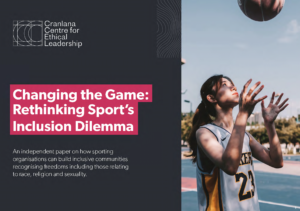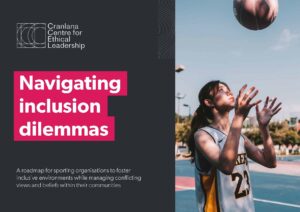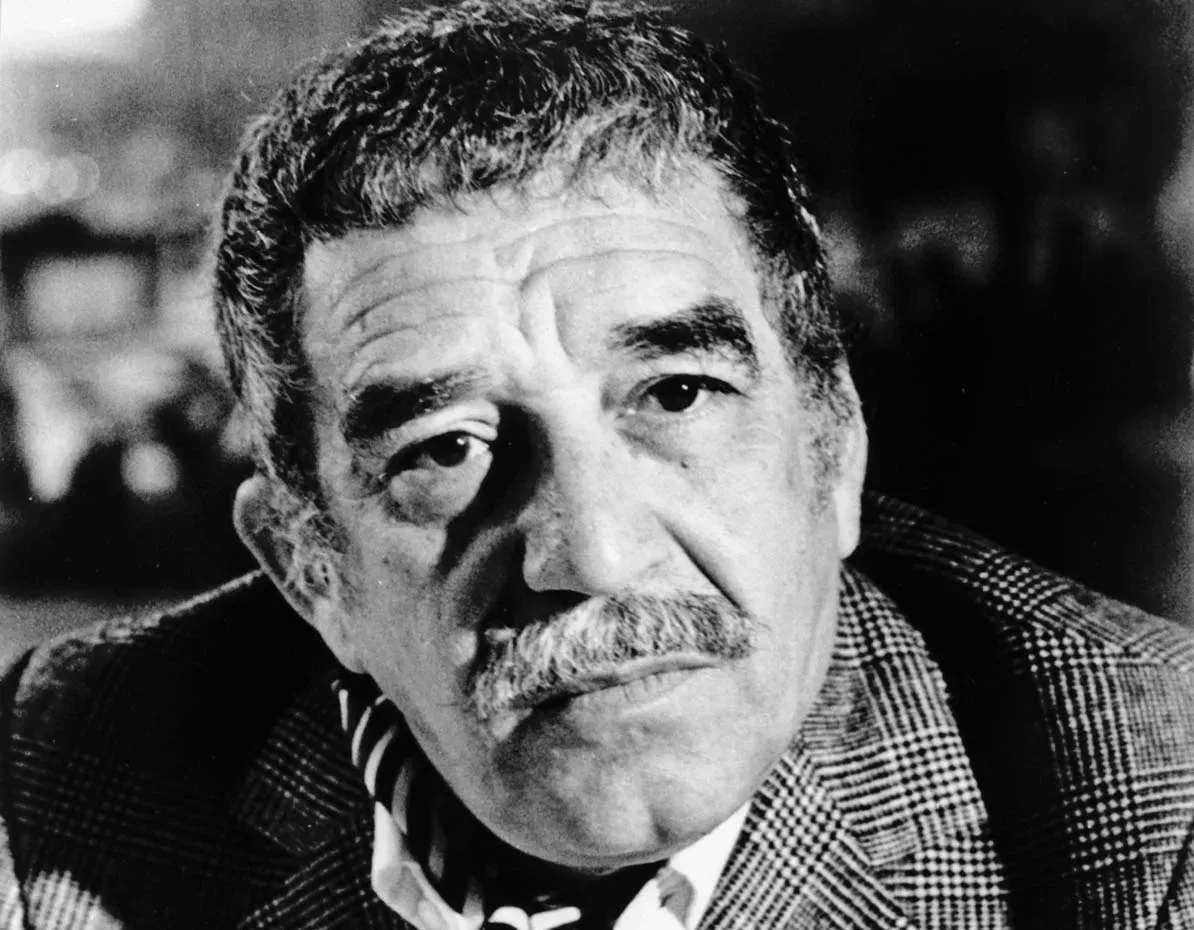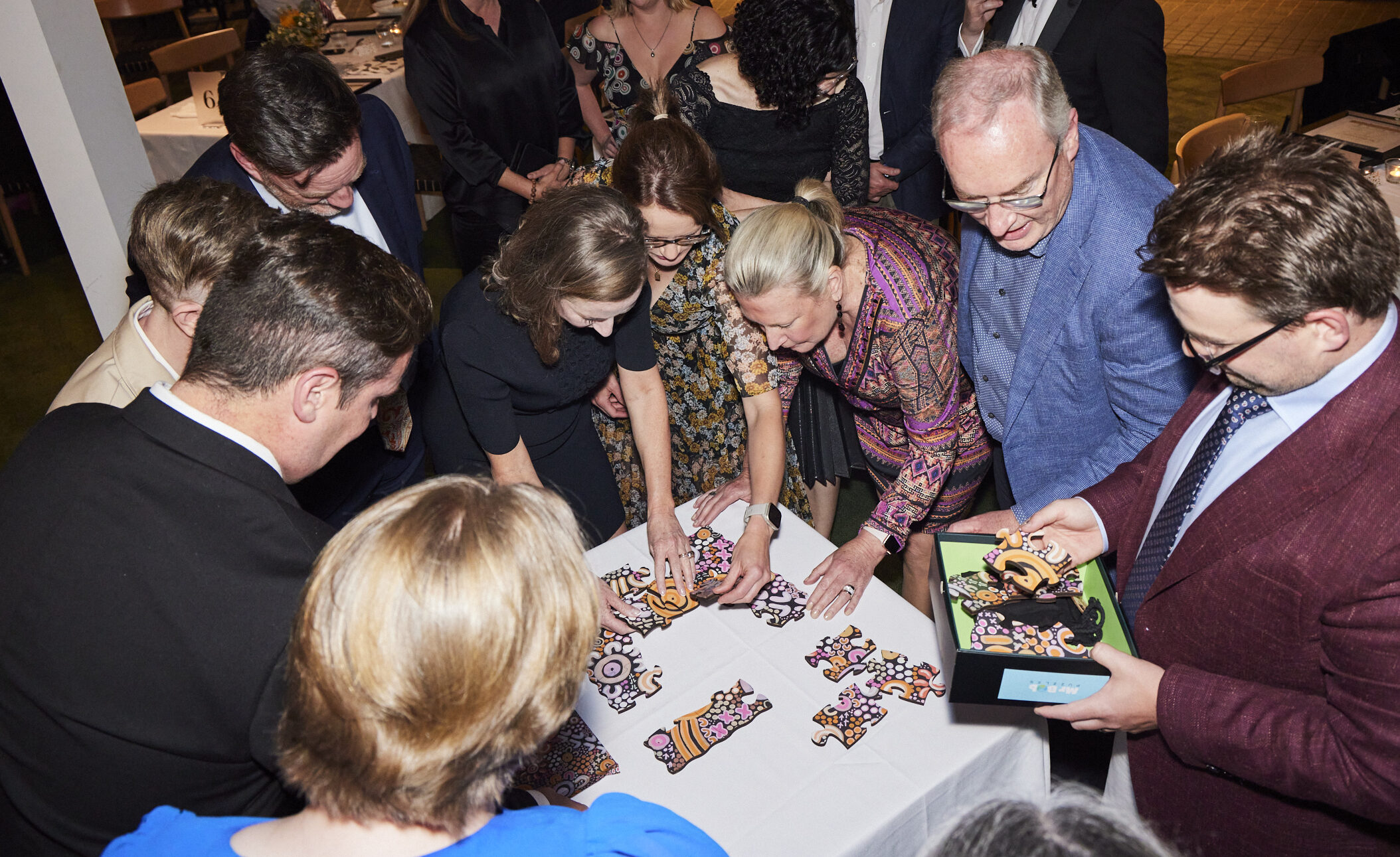Cranlana’s published exploration of values-based conflicts within sporting organisations – Changing the Game: Rethinking Sport’s Inclusion Dilemma – challenges conventional approaches by asserting that genuine inclusivity will only occur when sporting communities develop habits to normalise moral disagreements rather than seeking to eliminate them.
This article is adapted from a media release from 21/02/2024. For any media enquiries, please contact Charlotte Du Rieu: 0410705223
Cranlana Centre for Ethical Leadership (Cranlana) was commissioned by Essendon Football Club and Andrew Thorburn to conduct an independent examination of the bases and potential solutions for some of sport’s most thorny issues following their own much-publicised case in October 2022.
The report and an accompanying roadmap for sporting organisations urges a fresh perspective on inclusive leadership, outlining a paradigm shift that embraces values based conflicts as naturally occurring matters within diverse communities rather than crises to be solved.
Report co-author Dr Matt Beard said that despite sporting leaders making well intentioned attempts to champion inclusion, instances of hostility and division linked to race, religion and sexuality have increased in recent years.
“Whilst the conflicts which manifest in sport are a by-product of a broader set of challenges in society, the reality is that leaders need to take responsibility for proactively building capabilities and cultures to enable inclusion dilemmas to be better managed within their communities.”
The report outlines six habits of inclusive sporting communities, which serve as a roadmap for leaders to adopt proactive measures as well as respond to unforeseen conflicts.
“By rejecting inclusion dilemmas as crises to be solved, focusing less on rights and more on responsibilities and relationships, sporting leaders will be better equipped to proactively respond to challenges, withstand often febrile external pressures and tangibly build a more genuinely inclusive organisation in the process,” said Dr Beard.
“Inclusion must always be respectful, but that’s not to say it is always going to be comfortable. We need to normalise the fact that inclusive communities are actually built around tensions,” Dr Beard added.
“Just as challenge need not be a threat to connection, disagreement does not need to cause division. Indeed any relationship worth having contains these things. However, simply finding new ways of “winning” these arguments is not the answer.
Rather sporting leaders need to start building and exercising new muscles which enable their community to confront and navigate these tensions constructively, fostering strong relationships and respect for differences.”
The Cranlana report was informed by roundtable forums held in Melbourne and Sydney, featuring a cross section of sporting participants and leaders, inclusion advocates, faith leaders and human rights experts.
Cranlana CEO, Matt Finnis said that sporting organisations should evolve their approach to inclusion and ensure their decision making and initiatives are not only aligned with their purpose and values but also consider the impact on differing groups within their communities.
“These challenges are not going away, indeed there’s plenty of evidence to suggest polarisation and division across society is at an all-time high. So like it or not, sporting leaders need to understand that they are in the business of addressing values conflicts – an inevitable part of the job alongside high performance and community engagement.”
“Hopefully this report will support the Chairs and CEOs of our sporting organisations to embrace this responsibility equipped with new approaches not provided by additional rules or tactical shifts, but by playing a different game altogether.”
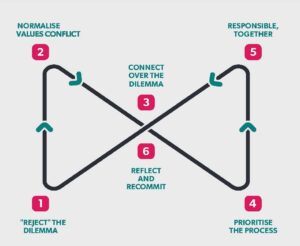
Diagram showing the 6 habits of an inclusive community
Responding to the report, Essendon Football Club CEO, Mr Craig Vozzo said,
“This is an important piece of work that we are proud to be involved with. We believe this report provides a valuable set of insights to guide and support sporting bodies better approach the challenges of inclusion that exist in richly diverse societies such as ours.”
“We want to thank the Cranlana Centre for Ethical Leadership for their professionalism and thoroughness in leading this process, and we are hopeful that the report will be of great value to other sporting and non-sporting organisations alike, who are committed to a journey of continuous learning and evolution, towards strengthened inclusion.”
Andrew Thorburn’s thoughts on the findings praised the relevance of the report, saying:
“the Cranlana report is thoughtful and contains excellent recommendations and tools for any organisation that wants to create a truly inclusive workplace and culture. My thanks to Cranlana for their professional work, and also for the participants who were involved. I hope this report aids dialogue on this important topic for society.”
If you’re interested in the findings and recommendations in the report and roadmap, access them here.
Please note the report (L, below), Changing the Game: Rethinking Sport’s Inclusion Dilemma provides a much deeper insight into the research methodology and outcomes of the project. The roadmap (R, below), Navigating Inclusion Dilemmas, is designed to be an informative roadmap that can be used as a guide for activating the findings within your organisation.
We recommend reading both to achieve a comprehensive understanding of both the research and findings.
Thank you to Essendon Football Club and Andrew Thorburn for trusting us as your ethical partner for this important work.
If you have an ethical challenge or need a strategy to uplift the ethical capability in your organisation, we’d love to hear your ideas. Start a conversation today:
Share This Story
Related articles
Recent posts
The Cranlana Method
We don’t teach leadership skills. Instead, we help leaders apply the skills they already have more wisely – by building clarity of purpose and ethical courage. Drawing on a rich history of philosophical wisdom, they encourage fresh and considered approaches to challenges – offering insights that, for many participants, will fundamentally transform their concept of leadership. Our courses are dialogue-based and immersive, bringing small groups of high-level leaders together for discussions that are wide-ranging and expertly guided. They are rigorous, in-depth and practical, providing high-level learning experiences and understanding to strengthen your capabilities as an effective and ethical leader.
Interested in discovering more?

